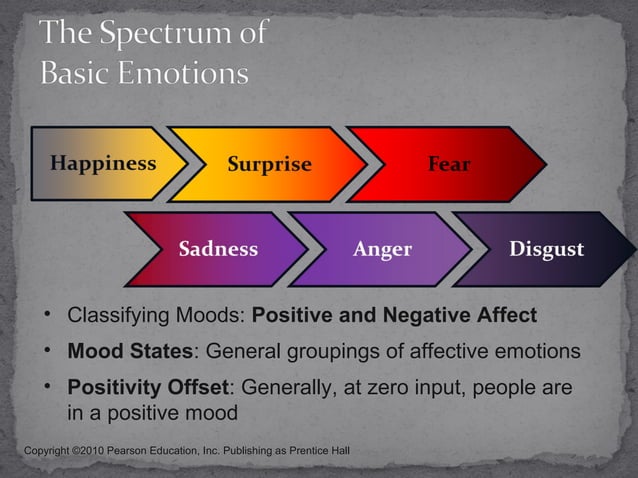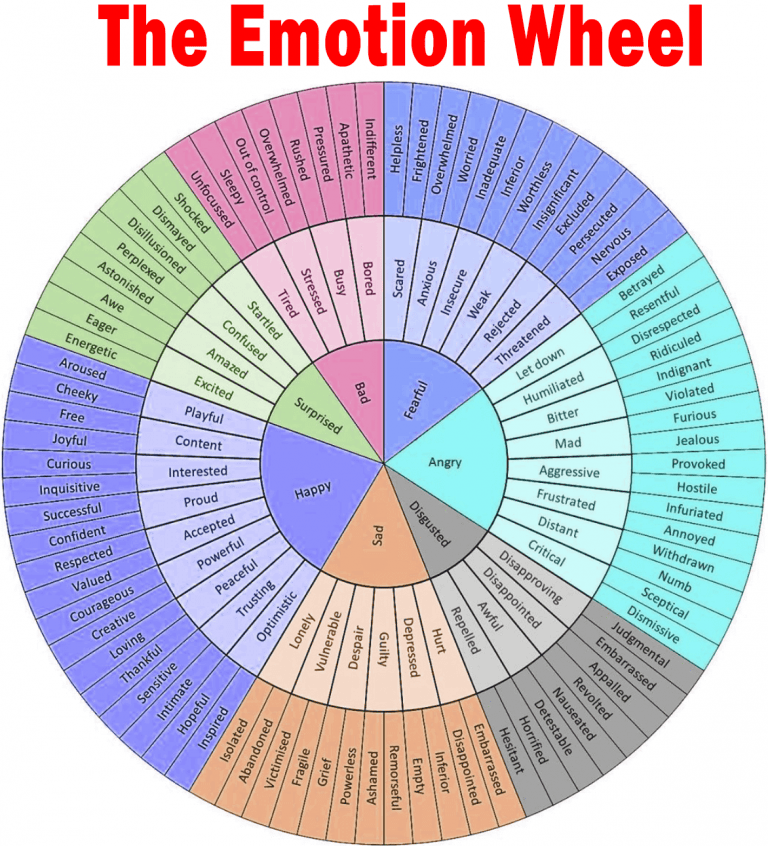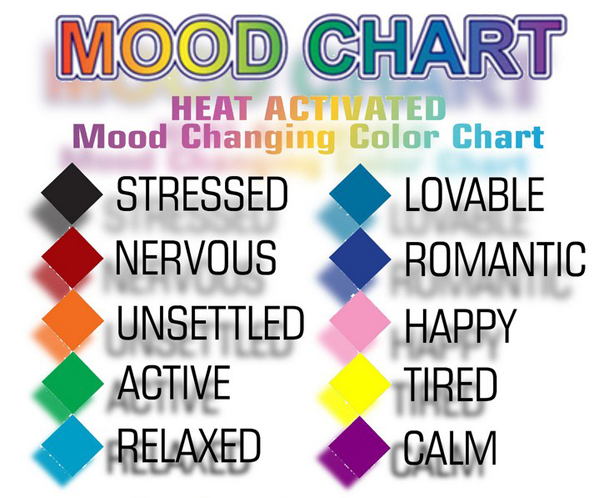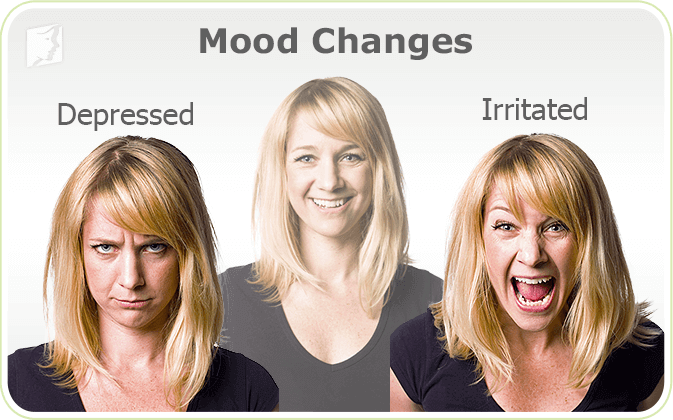Emotional Nd Mood Presentation
| Introduction to Emotional and Mood | ||
|---|---|---|
| Emotions and moods play a vital role in our daily lives. They can significantly impact our behavior and overall well-being. Understanding emotional and mood regulation is crucial for maintaining mental health. | ||
| 1 | ||
| What are Emotions? | ||
|---|---|---|
| Emotions are complex psychological states that involve a combination of physiological, subjective, and behavioral responses. They can be triggered by external events or internal thoughts and beliefs. Emotions can range from positive (happiness, joy) to negative (anger, sadness). | ||
| 2 | ||
| Common Types of Emotions | ||
|---|---|---|
| Happiness: Associated with positive experiences, contentment, and joy. Anger: A natural response to perceived threats or injustices. Sadness: Often related to loss, disappointment, or grief. | ||
| 3 | ||
| How Emotions Influence Behavior | ||
|---|---|---|
| Emotions can shape our decision-making process. They can influence our social interactions and relationships. Emotional states can impact our productivity and overall performance. | ||
| 4 | ||
| Understanding Mood | ||
|---|---|---|
| Mood refers to a more prolonged emotional state that can last for hours, days, or even weeks. Moods are generally less intense than emotions and can fluctuate throughout the day. Mood can be influenced by various factors, such as sleep, nutrition, and stress levels. | ||
| 5 | ||
| Common Types of Mood | ||
|---|---|---|
| Elation: A state of extreme happiness or excitement. Irritability: Feeling easily annoyed or frustrated. Anxiety: Persistent feelings of worry or unease. | ||
| 6 | ||
| Mood Disorders | ||
|---|---|---|
| Mood disorders are mental health conditions characterized by significant and prolonged disturbances in mood. Examples include major depressive disorder and bipolar disorder. These disorders can have a profound impact on daily functioning and quality of life. | ||
| 7 | ||
| Strategies for Emotional Regulation | ||
|---|---|---|
| Practice mindfulness and self-awareness to recognize and understand your emotions. Engage in activities that promote relaxation and stress reduction, such as exercise or meditation. Seek support from friends, family, or mental health professionals when needed. | ||
| 8 | ||
| Strategies for Mood Regulation | ||
|---|---|---|
| Maintain a healthy lifestyle with regular sleep patterns, balanced nutrition, and exercise. Identify and challenge negative thoughts and beliefs that may contribute to negative mood states. Engage in activities that bring you joy and help uplift your mood, such as hobbies or spending time with loved ones. | ||
| 9 | ||
| Conclusion | ||
|---|---|---|
| Emotional and mood regulation are essential for overall well-being. By understanding and managing our emotions and moods, we can lead happier, more fulfilling lives. Remember to seek professional help if you're struggling with persistent or severe emotional or mood disturbances. | ||
| 10 | ||


:max_bytes(150000):strip_icc()/an-overview-of-the-types-of-emotions-4163976-abaafd59e7214706b7cd6326d0dd8257.png)
:max_bytes(150000):strip_icc()/an-overview-of-the-types-of-emotions-4163976-abaafd59e7214706b7cd6326d0dd8257.png)





